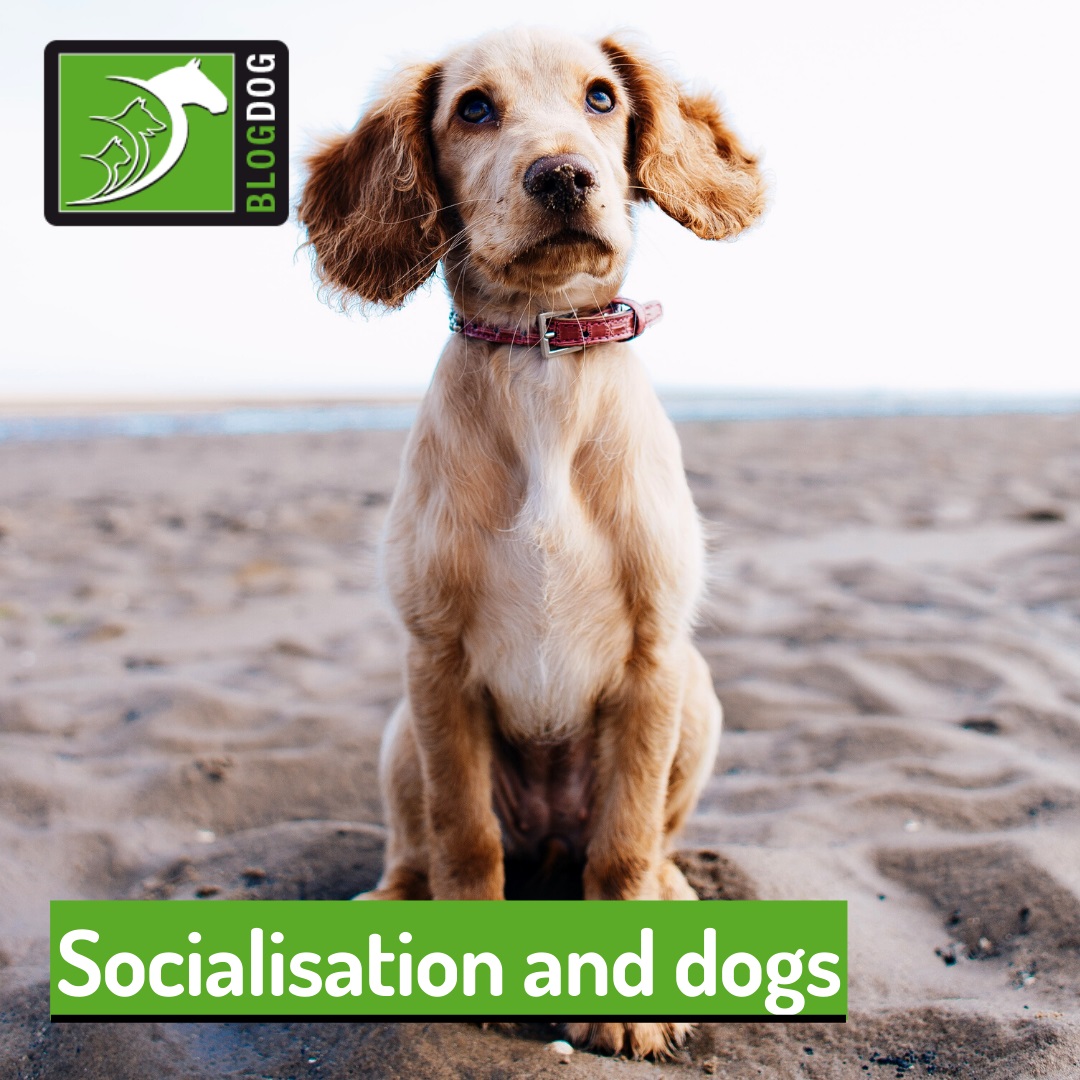
Socialisation and dogs

Did you know that there are over 3 million new pets in UK homes since the beginning of the Covid pandemic?
If you were one of the new pet owners, you might have struggled with proper socialisation. As we were spending more time at home and observing social distancing to help fight the spread of Coronavirus, some pets might not have had the chance to socialise with others.
However, socialisation is a crucial process in puppies' development, allowing dogs to gain confidence and become comfortable in unexpected situations and interacting with unfamiliar people and animals.
Socialisation in puppies
Ideally, socialisation should begin between 3 and 14 weeks of age, which is when puppies are most responsive to learning from exposure to new experiences and environments.
If puppies are deprived of contact with other people, animals and new situations during this period, they may be at greater risk of developing behaviour issues, such as being fearful or aggressive, as adults.
However, puppies are not fully vaccinated during these first few weeks so it's very important to ensure that their contact is limited to healthy dogs with up-to-date vaccines and a good temperament. Also, please avoid areas frequented by dogs of unknown vaccination status, such as public parks and other public spaces.
To get your dog to socialise safely during this period, you can ask your vet if they host puppy parties or arrange puppy play dates with your friends' pets. These interactions should always be supervised to ensure that your dog has a positive experience.
But socialisation should not be limited to meeting and interacting with other pets! It is essential to offer your puppy an enriching environment that exposes them to different stimuli (noises and textures, for example), toys, and includes lots of playtime.
Another important part of socialisation is getting your dog used to being handled. This will help you (and your veterinarian) in the future if your dog needs topical treatments applied, such as ear medication for example, or when they go in for a vet check-up and need a physical examination.
Socialisation throughout life
As your puppy grows older, it's important to continue to provide them with socialisation opportunities. Continued exposure to unfamiliar situations in controlled environments allows them to grow a tolerance to different social contexts.
And of course, when your dog is fully vaccinated, you can take them to dog parks, the beach, and organise other fun activities that strengthen your bond with your pet.
Remember, socialisation is not only essential for your dog's well-being, but the whole family's as well. For instance, it can be very stressful and dangerous to walk a dog that never learnt how to interact appropriately with other dogs.
And be mindful that if your dog is too fearful or aggressive, you should always seek help from a qualified professional.
Would you like to know more about dogs? Check our Canine Courses:
Canine courses
Published: 13 Apr 2022
Read the previous article: Top tips for indoor-only cats

